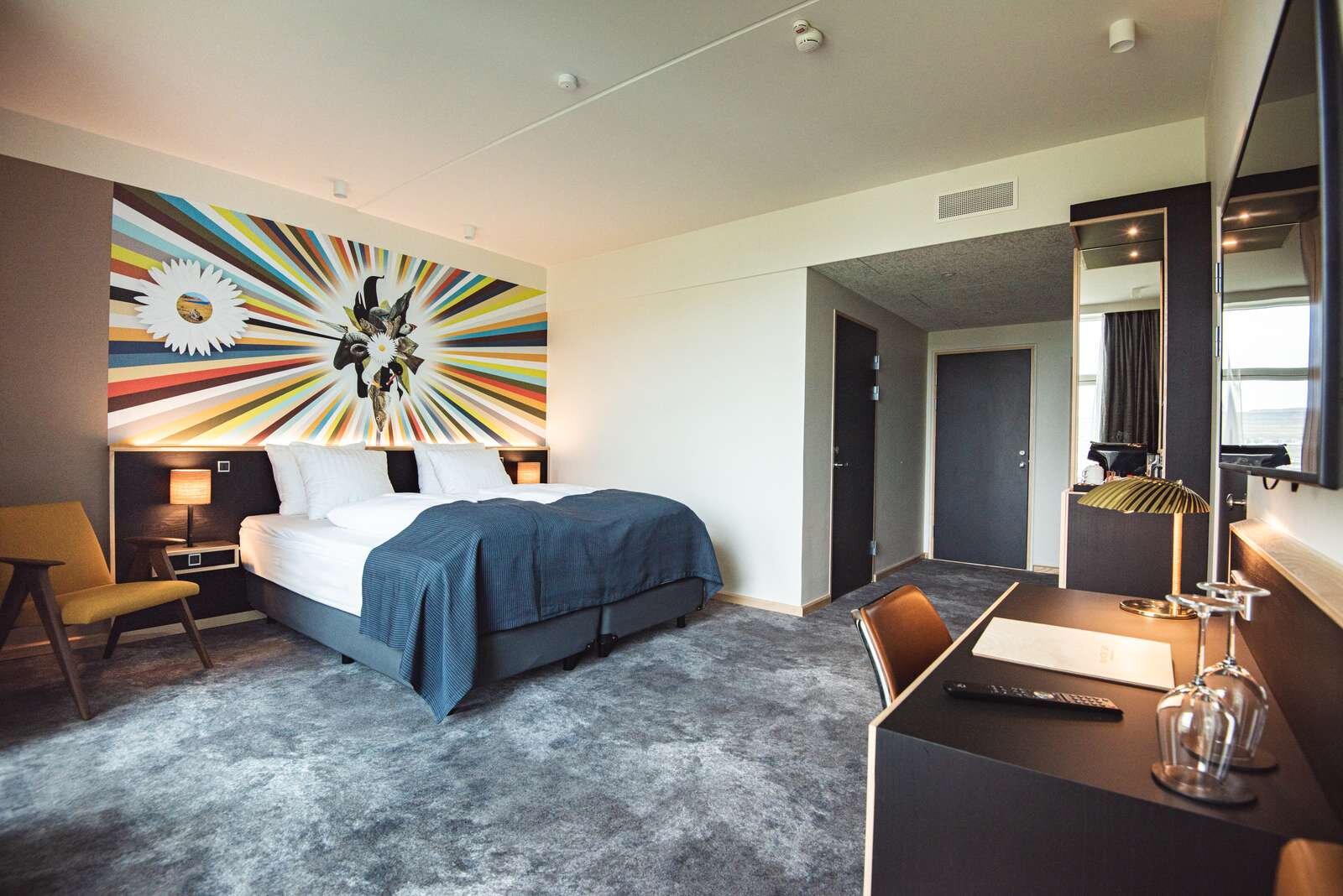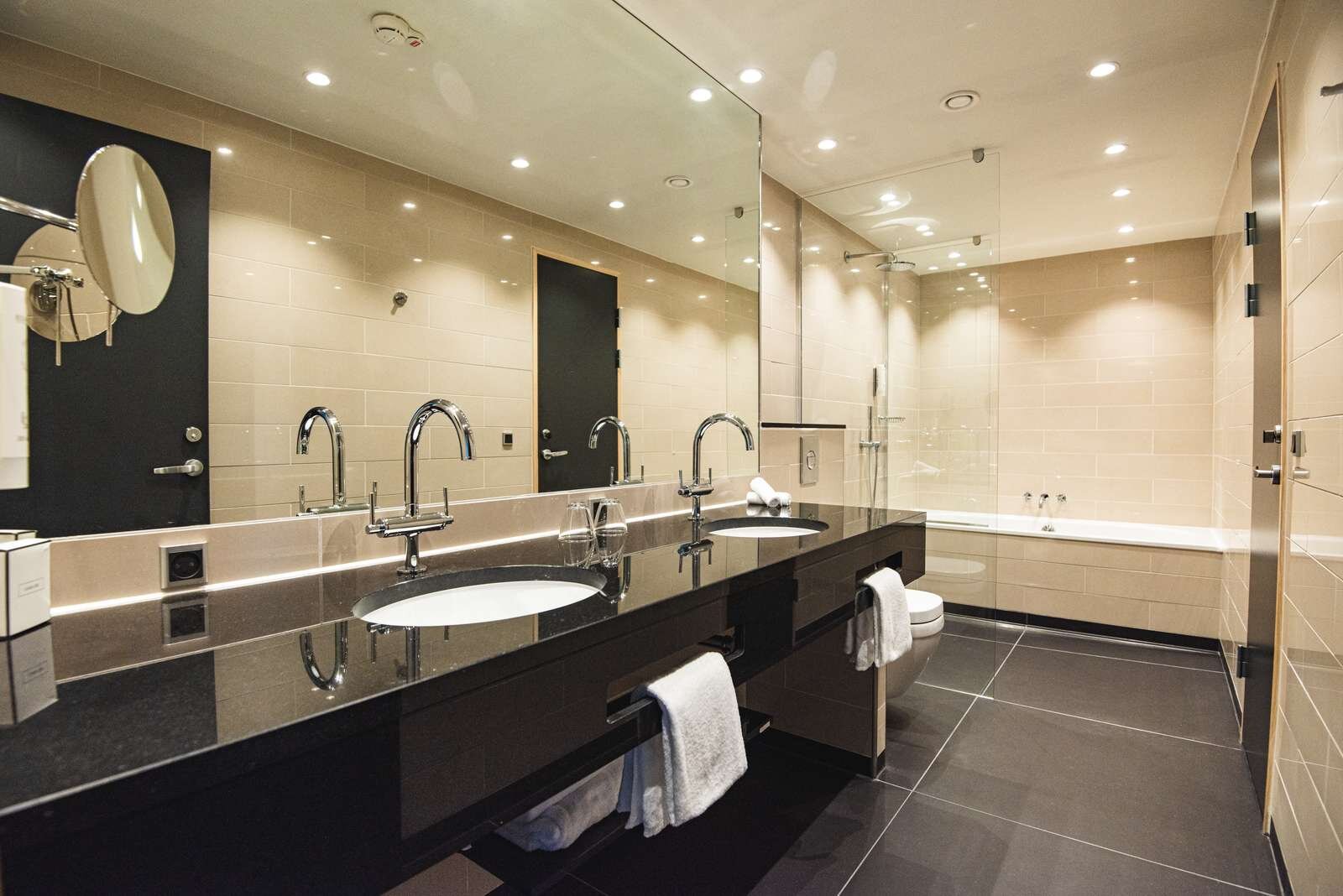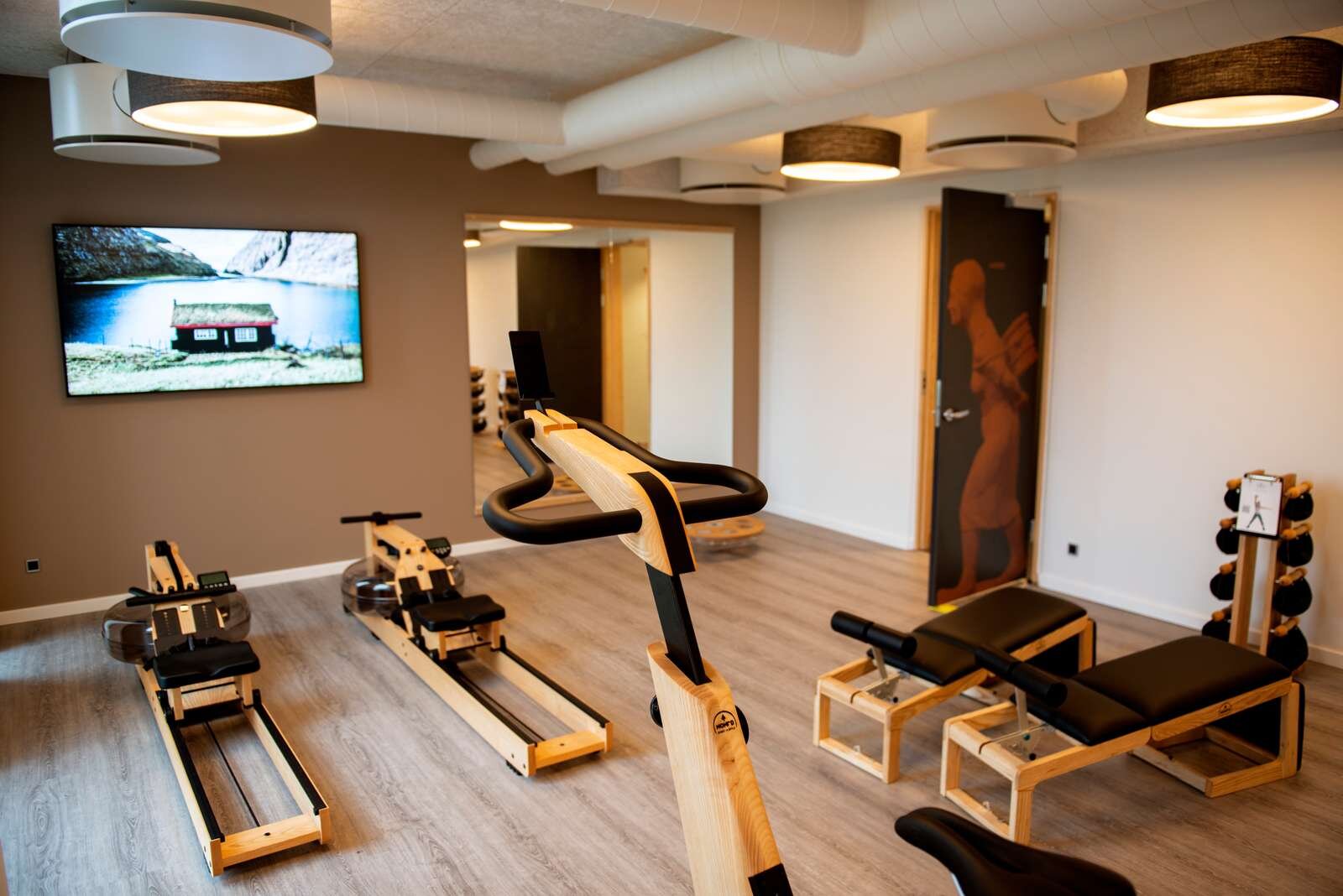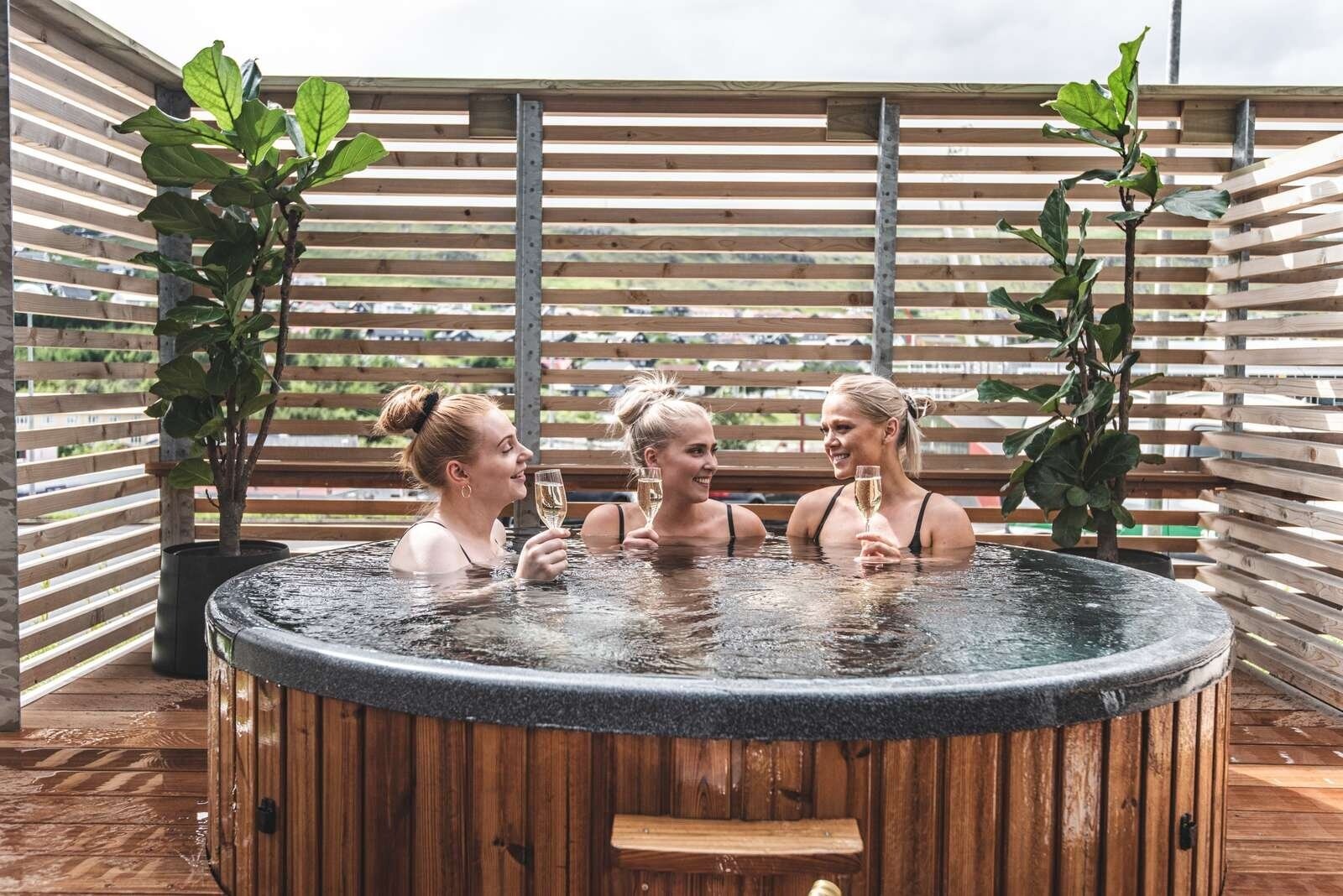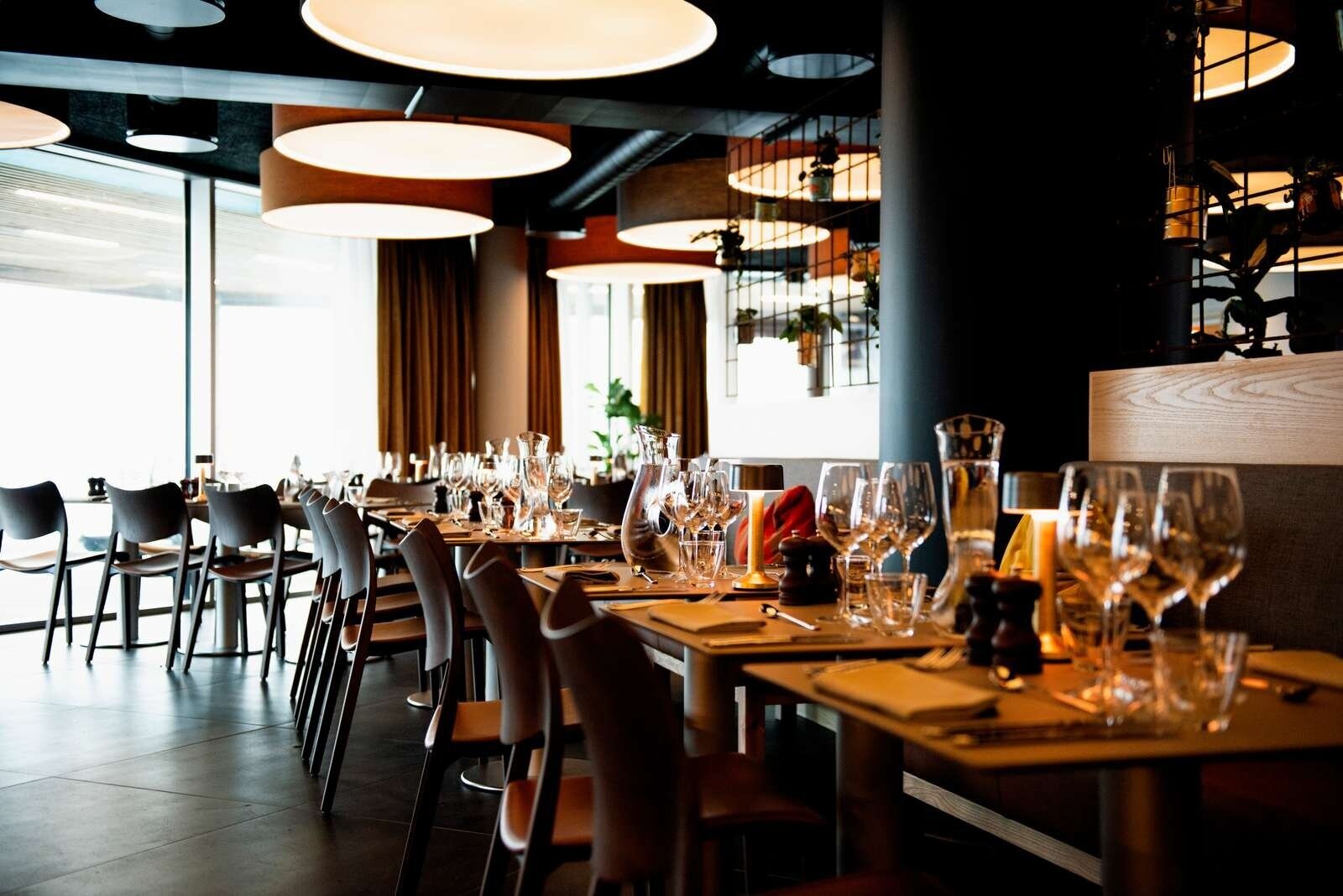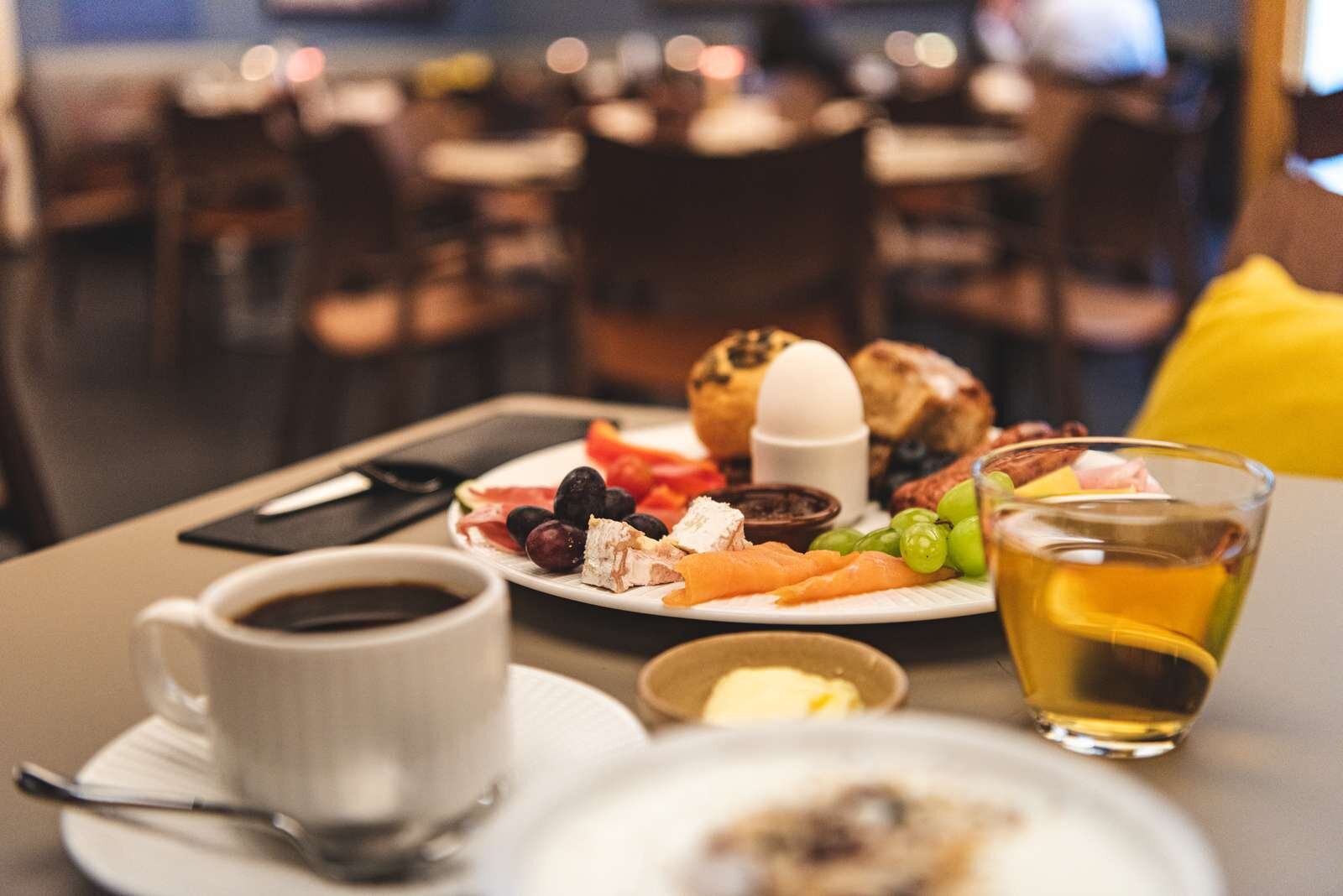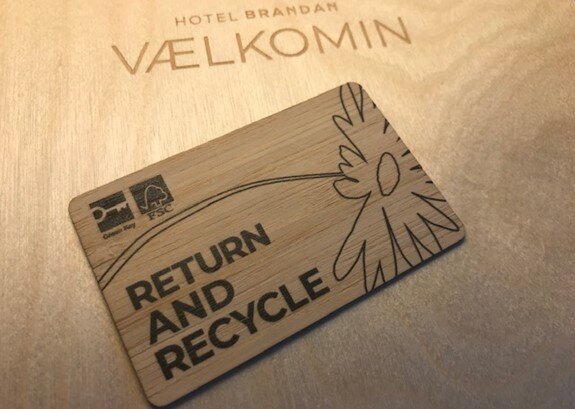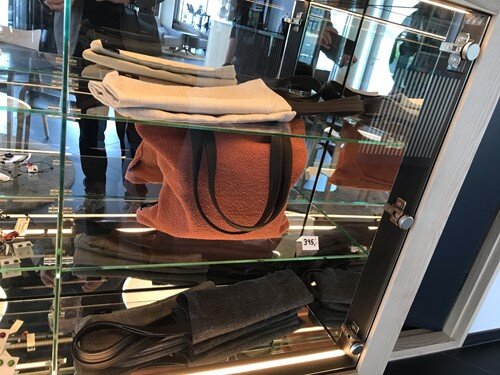Today, the 27th of September is World Tourism Day (WTD)! This means that people around the world celebrate a day dedicated to sensitising the international community about the importance of tourism as well as its social, cultural, political and economic values. This year’s theme of the WTD is “Tourism and Rural Development”, and should raise awareness about the industries’ capability to drive economic development outside big cities and to help rural communities in preserving their natural and cultural heritage. Green Key is proud to be part of the United Nations’ (UN) World Tourism Day 2020, by celebrating Best Practice Examples of Green Key establishments in rural areas.
Winery Klet Brda in Slovenia
By 2050, 68% of the world's population will live in urban areas, while 80% of all people living in ‘extreme poverty’ live in rural communities, As a result, rural tourism can be seen as an immense opportunity, as it has the unique ability to facilitate economic development outside big cities. Rural Tourism can therefore be understood as tourism that occurs in rural, non-urbanised areas and that aims to incorporate and benefit rural communities, whilst preserving their environmental and cultural assets.
Or, as stated by the UNWTO General Secretary Zurab Pololikashvili;
Tourism helps rural communities hold onto their unique natural and cultural heritage, supporting conservation projects, including those safeguarding endangered species, lost traditions or flavours.
Tourism can therefore empower rural communities, including women and youth by providing jobs and economic independence. Ultimately, it can hinder young people from migrating to cities and thus, prevent villages to die out and local customs and heritage to be lost. This is particularly important in times of crisis; as rural areas are usually the ones being much less prepared to deal with the direct and indirect impact of uncertain times.
Green Key would hereby like to introduce and celebrate Best Practice Examples of Green Key establishments in rural areas that have dedicated all their work to going one step further for the environment, the culture and the society of their region.
Poggio di Montedoro Agritourism
The first example of a Green Key awarded establishment in a rural area, is the Poggio di Montedoro Agritourism, which is the first Italian farm holiday establishment to receive the award, due to its outstanding sustainability performance. Thus, the owner of the holiday home, situated in Montefiascone Village, Lazio, in the centre of Italy, has adopted his business strategy to have the least possible impact on nature and the surrounding area. The establishment was an ancient farm with five different houses, and became a tourist accommodation after a complete restoration, whilst respecting its rural tradition.
Besides a professional sustainability training of the manager of the establishment, also the staff and guests are educated in the areas of waste management and water- and energy consumption. The establishment is additionally closely connected to the agriculture of the region, enabling its guests to taste the local food produced by its own agricultural activity. For more information, click here.
Kasteelhoeve Wang
Another great example of rural tourism is 2017s winner of the Green Key Best Practice Competition. The Kasteelhoeve Wange in Belgium is a seminar location for companies and holiday spot for families and friends. Creating local partnerships is one of the main aims of the establishment and since its origin, about 300 ago, it has always worked together with local suppliers to produce local products. These products are organic, socially responsible and animal-friendly that support circular economy. Besides that, Kasteelhoeve Wange is continuously putting effort into involving the knowledge of local craftsmen and farmers and plays an active part in restoring and maintaining natural areas in the local surroundings. Because of their continuous engagement in social, environmental and economic sustainability, Kasteelhoeve Wange can be seen as a perfect example of how rural tourism can preserve the natural and cultural heritage of a region. For more information, click here.
Klet Brda
The third example is the world’s first Green Key awarded winery, located in Slovenia. Klet Brda unites 400 families who have been working together for over half a century, capturing in their wine the uniqueness of the Brda terroir. As their vineyards are planted on demanding terrain and steep slopes, cultivation relies almost only on manual labour. This kind of production, known as heroic viticulture, enhances deep respect for nature and its cycles in the winery day-to-day activities.
Klet Brda’s winemakers know that nature is their strongest ally. As they see sustainability as the only right way forward, the vineyards are cultivated according to the principles of integrated production. In the wine tasting tours of the winery, guests can learn about their history, their treatment of nature and sustainable wine production. By preserving the traditional form of cultivation and winemaking and by educating guests from all over the world about the importance of working in harmony with nature, Klet Brda is another great Best Practice Example of Green Key establishments in rural areas. For more information, click here.
Lackan Cottage Farm
The final Best Practice Example is the Lackan Cottage Farm in Northern Island. The self-catering accommodation has been beautifully renovated using chemical-free, natural materials, sourced as locally as possible. The owners of the farm, Steve and Claire, love to recycle, which is why many of the materials they had to use for daily operations, have been reclaimed and given a new life. The farm is powered entirely by renewable electricity, generated on-site using solar and wind power and all the bedding, towels and curtains are organic and fair trade. Steve and Clair additionally manage to communicate their passion for sustainability to the guests, letting them depart the farm with a smile and with the words “Thanks for teaching us how to be better towards planet earth!". To read more about the Lackan Cottage Farmclick here.
Green Key is proud to be part of the tourism industry as an engine of change. This is why we would hereby like to thank all our establishments for developing inspiring new projects, for putting all their efforts into preserving the cultural and natural heritage of rural areas and for raising awareness about social, environmental and economic sustainability.







